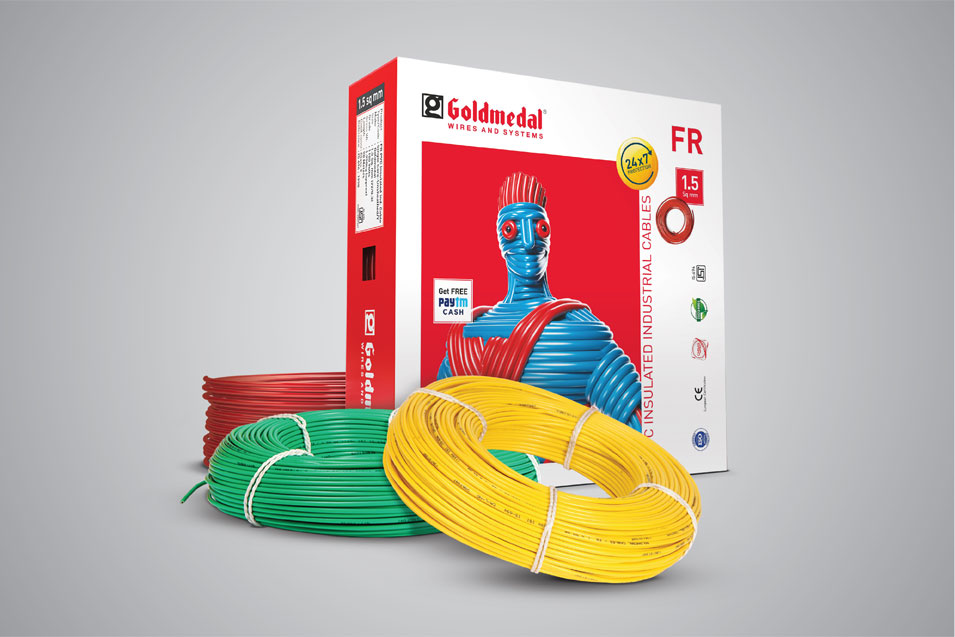Unveiling the Truth: Does Copper Wire Rust?

Copper wire is a widely used material in various industries due to its excellent conductivity and corrosion resistance. However, there is a common misconception about whether copper wire can rust. In this blog post, we will delve into the properties of copper and explore the factors that determine whether copper wire can rust.
Understanding the Properties of Copper:
Copper is a versatile metal known for its high electrical conductivity, malleability, and resistance to corrosion. When exposed to oxygen and moisture, copper forms a thin layer of greenish patina, which actually acts as a protective barrier against further corrosion. This natural oxidation process is different from rusting, which is the corrosion of iron and its alloys.
Factors Influencing Copper Corrosion:
While copper is highly resistant to corrosion, certain factors can accelerate the degradation of copper wire. One of the main factors is exposure to acidic environments, which can cause the protective patina layer to break down and lead to corrosion. Additionally, high humidity, saltwater exposure, and pollutants in the air can also contribute to the corrosion of copper wire over time.
Preventing Copper Corrosion:
To prevent copper wire from corroding, it is essential to take proactive measures to protect the metal. This includes using proper insulation to shield the wire from moisture and corrosive substances, avoiding exposure to harsh environments, and conducting regular maintenance to ensure the integrity of the copper wire.
Conclusion:
In conclusion, copper wire does not rust in the traditional sense like iron does. Instead, copper undergoes a natural oxidation process that forms a protective patina layer. However, copper wire can still corrode under certain conditions, so it is important to understand the factors that influence copper corrosion and take preventive measures to maintain the longevity of copper-based systems.
